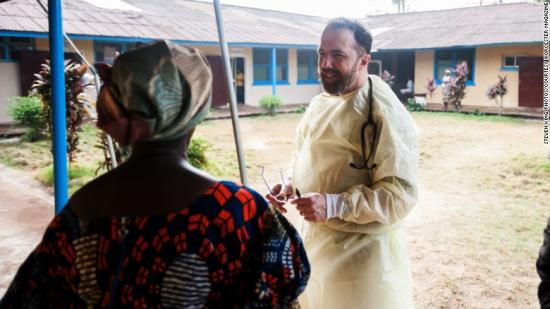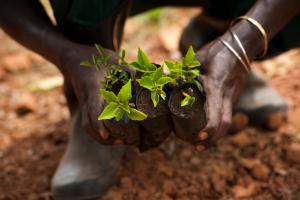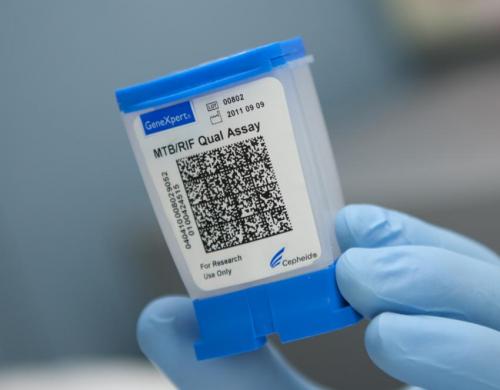You are here
Thu, 2013-07-04 12:32 — mdmcdonald
The Guinea Resilience System working group is focused on the development of Resilience Systems in Guinea.
The mission of the Guinea Resilience System working group is to develop Resilience Systems and their nested subsystems in Guinea.
Add Content to this group
Members
| Abdoulaye Drame | Aboubacar Conte | Anthony | Boubacar Kaba | Carrielaj | Chisina Kapungu |
| Elhadj Drame | Hadiatou Balde | Ismael Dioubate | John Wysham | Kathy Gilbeaux | Lancine Konate |
| Mamadou Diallo | Mamadou Moustap... | Mamadou Sylla | mdmcdonald | MDMcDonald_me_com | mike kraft |
| Norea | Souleymane Drame |
Email address for group
guinea-resilience-system@m.resiliencesystem.org





 ... the FAO said the agreement also involves the World Bank and Guinea's government. Unlike in Liberia and Sierra Leone, Ebola activity in Guinea has seen multiple dips and spikes, and community resistance incidents have continued to stall response progress there, especially in rural areas.
... the FAO said the agreement also involves the World Bank and Guinea's government. Unlike in Liberia and Sierra Leone, Ebola activity in Guinea has seen multiple dips and spikes, and community resistance incidents have continued to stall response progress there, especially in rural areas.

Recent Comments